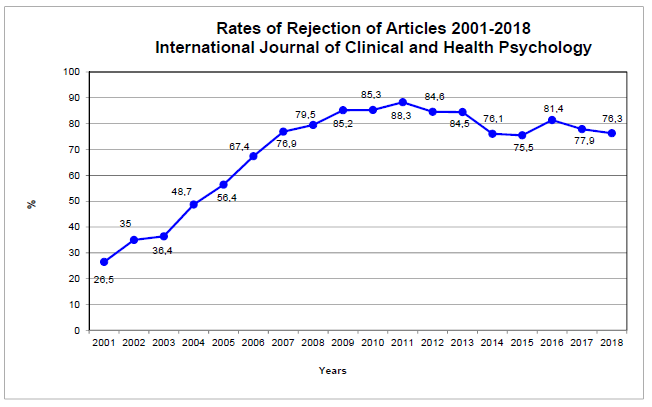New diagnoses of sexually transmitted infections (STIs) and HIV are rising in the adult population. The main objective of this study was to analyze whether knowledge of STIs/HIV, worry about STIs/HIV and pregnancy, and self-efficacy to refuse sex are predictors of sexual risk behaviors among Spanish young and adults. The study sample was composed of 1,106 young and adults of both sexes aged between 17 and 55 years. Results showed that being single, homosexual, having been tested for HIV, having previously contracted an STI, having a college education and earning a monthly income of €900 or more were the characteristics associated with higher scores in knowledge of STIs/HIV. Self-efficacy to refuse sex predicted most vaginal and anal sexual behaviors (i.e., age at vaginal and anal sex initiation and the number of couples that have remained vaginal sex). We also found that participants with greater knowledge of STIs/HIV reported older age at vaginal sex initiation and higher condom use in the first vaginal sexual contact. We consider that these findings can be useful for the development of STI/HIV prevention programs.
La población adulta es un grupo ascendente en los nuevos diagnósticos de las infec de transmisión sexual (ITS) y el VIH. El objetivo principal es analizar si el conocimiento sobre el ITS/VIH, la preocupación por las ITS/VIH y el embarazo y la autoeficacia para rechazar relaciones sexuales son predictoras de las conductas sexuales de riesgo en jóvenes y adultos españoles. Participaron 1.106 jóvenes y adultos de ambos sexos, entre los 17 y los 55 años. Los resultados mostraron que ser soltero, homosexual, haberse hecho la prueba del VIH, haber tenido una ITS, tener estudios universitarios e ingresos económicos mensuales de 900 a más de 1.200 euros tenían las puntuaciones más altas en el conocimiento sobre el ITS/VIH. La autoeficacia predijo gran parte de las conductas sexuales vaginales y anales (la edad de inicio del sexo vaginal y anal y el número de parejas con las que se ha mantenido sexo vaginal). Además, se halló que a mayor conocimiento sobre ITS/VIH, mayor edad de inicio del sexo vaginal y mayor uso del preservativo en la primera relación sexual vaginal. Se espera que estos resultados sean útiles para el desarrollo de programas de prevención de ITS/VIH.





